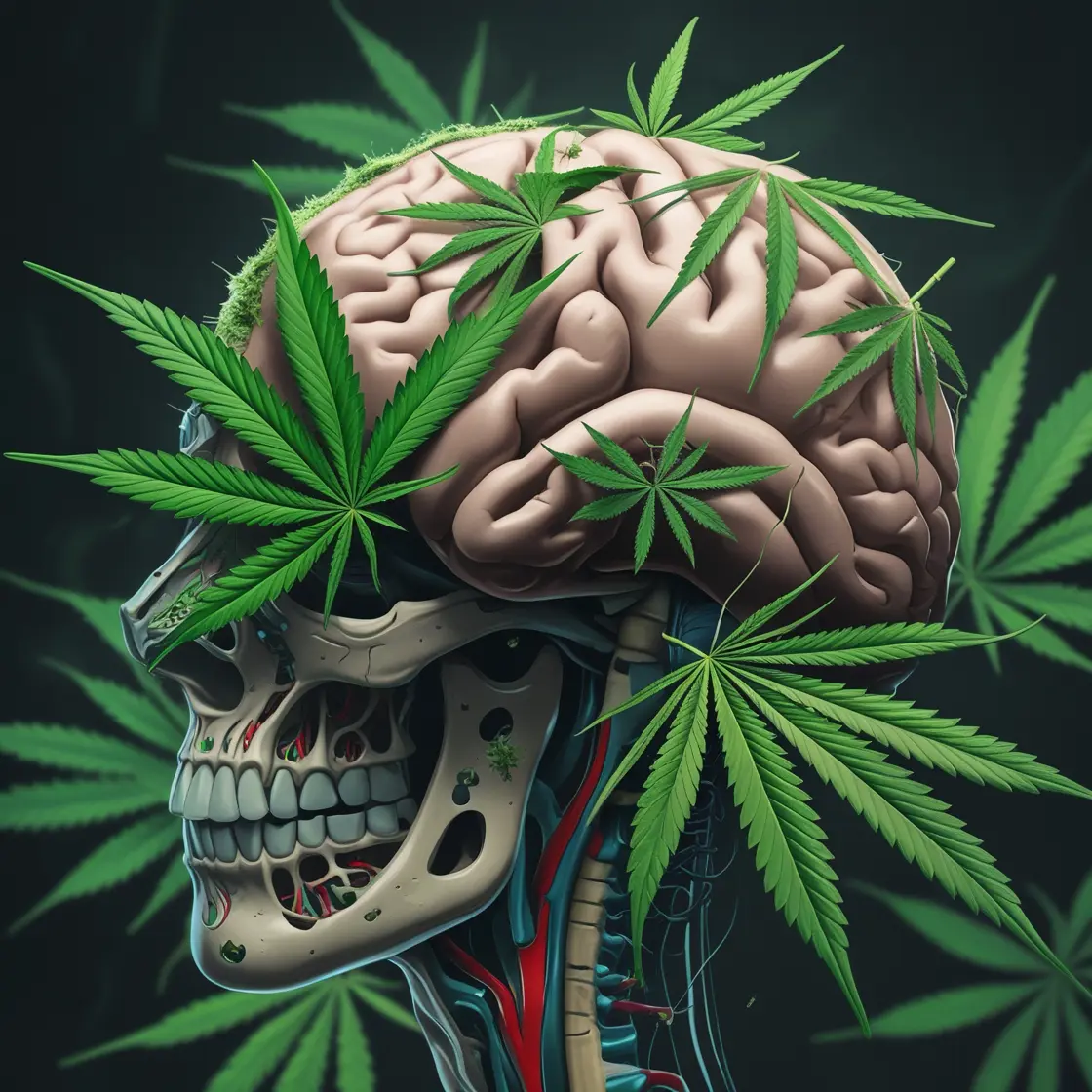Cannabis is one of the most widely used substances – yet many underestimate its potential effects on the brain. Regular use can lead to cognitive problems such as memory lapses or difficulty concentrating. Here’s how THC affects your thinking and what long-term use can do.
How does cannabis affect the brain?
THC, the psychoactive ingredient in cannabis, binds to receptors in the brain responsible for learning, memory, and attention. In the short term, this can lead to:
- Altered thinking
You may perceive things differently or process information more slowly. - Memory problems
Short-term memory suffers in particular – you forget more quickly what you were just about to do. - Lack of concentration
Tasks that require a lot of focus are more difficult for you.
Long-term consequences: When consumption becomes a habit
Studies show that frequent cannabis use can cause permanent damage, especially in adolescents. The brain develops until around the age of 25—THC can disrupt this development. Possible long-term consequences include:
- Reduced ability to learn
Retaining and recalling information becomes more difficult. - Poor decision-making
Impulse control and logical thinking may be impaired. - Increased risk of mental illness
In some people, cannabis can increase anxiety disorders or psychosis.
Can the brain recover?
The good news: With occasional use, many functions return to normal once THC is cleared. However, with long-term, intensive use, recovery can take months or years. Complete abstinence is the best way to restore cognitive abilities.
Conclusion: Is cannabis harmless?
No. Although many underestimate the risks, cannabis can cause long-term cognitive problems, especially in young users. If you notice your memory or concentration deteriorating, you should reconsider your use.
